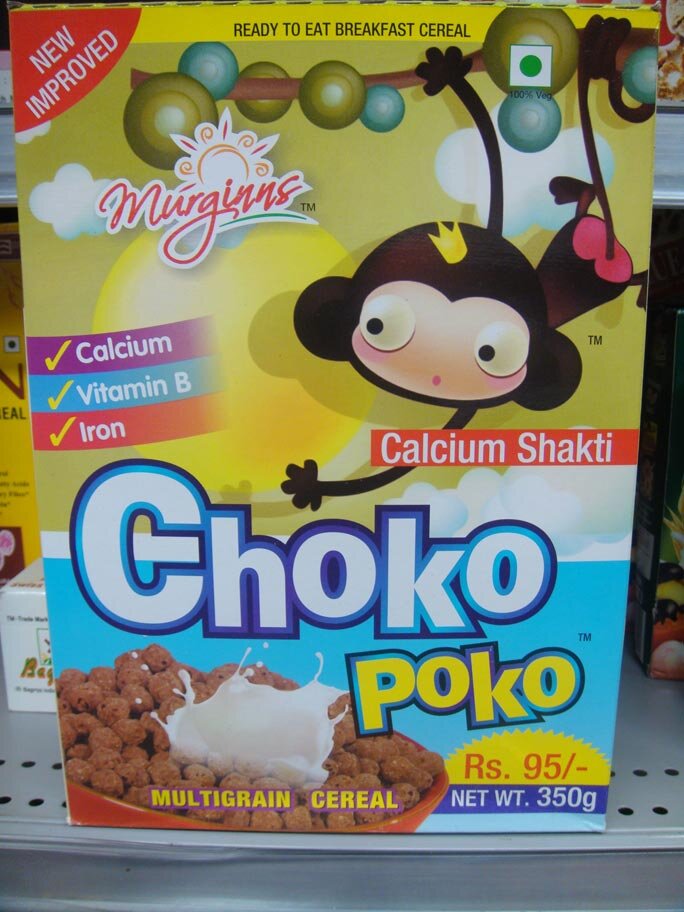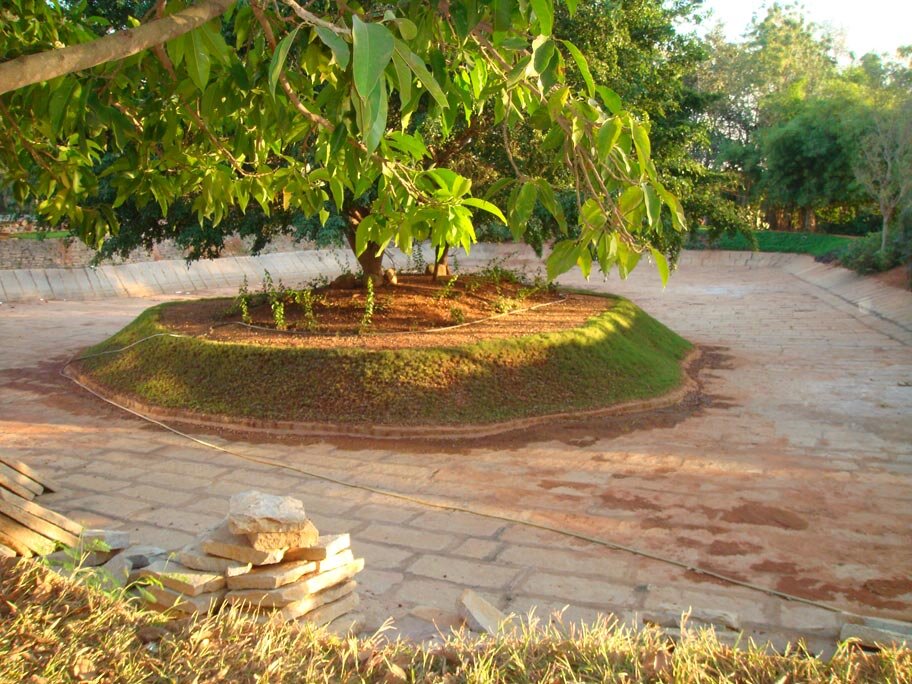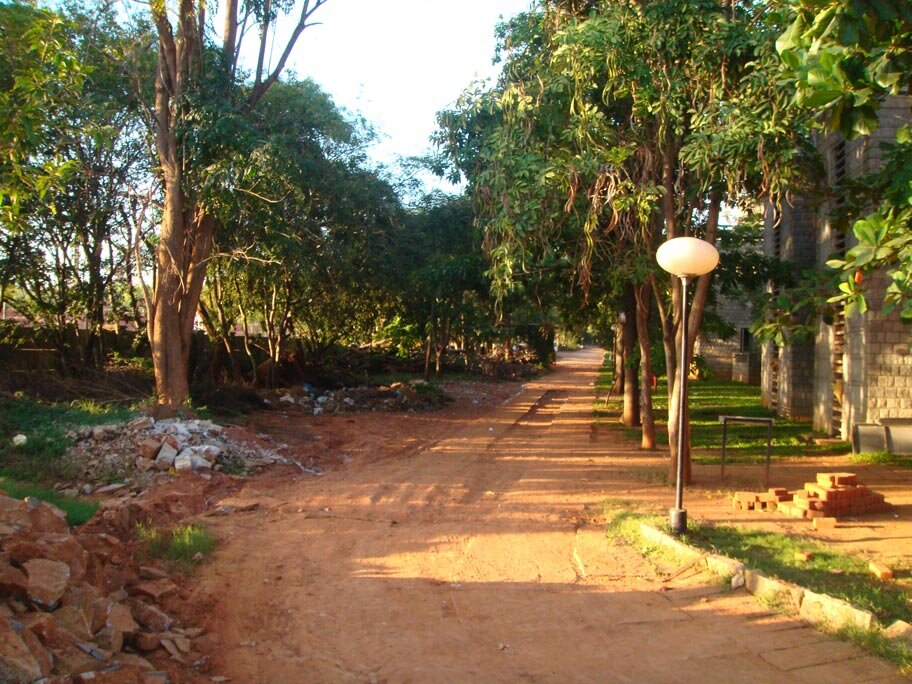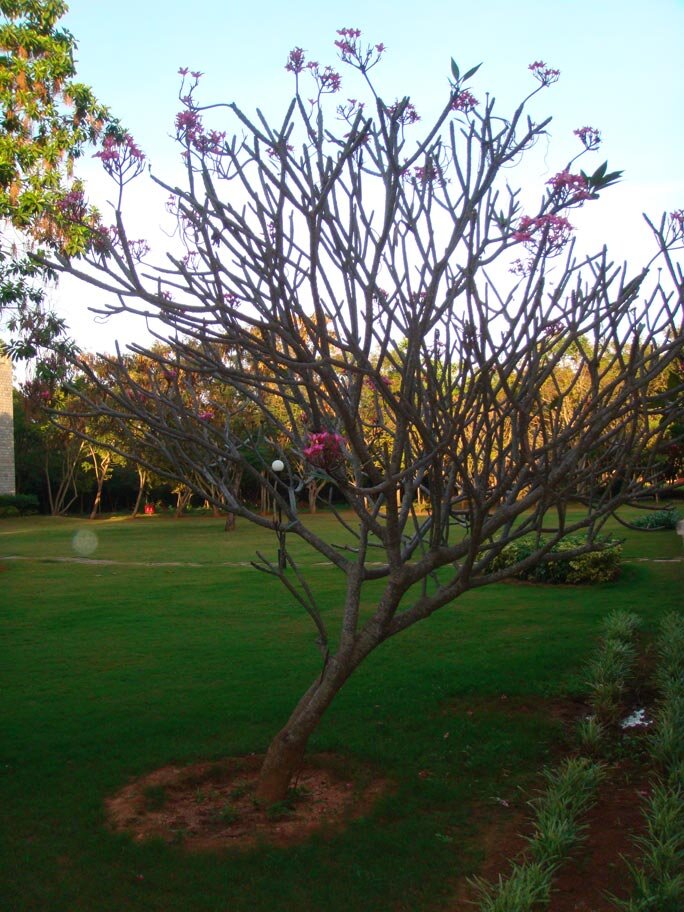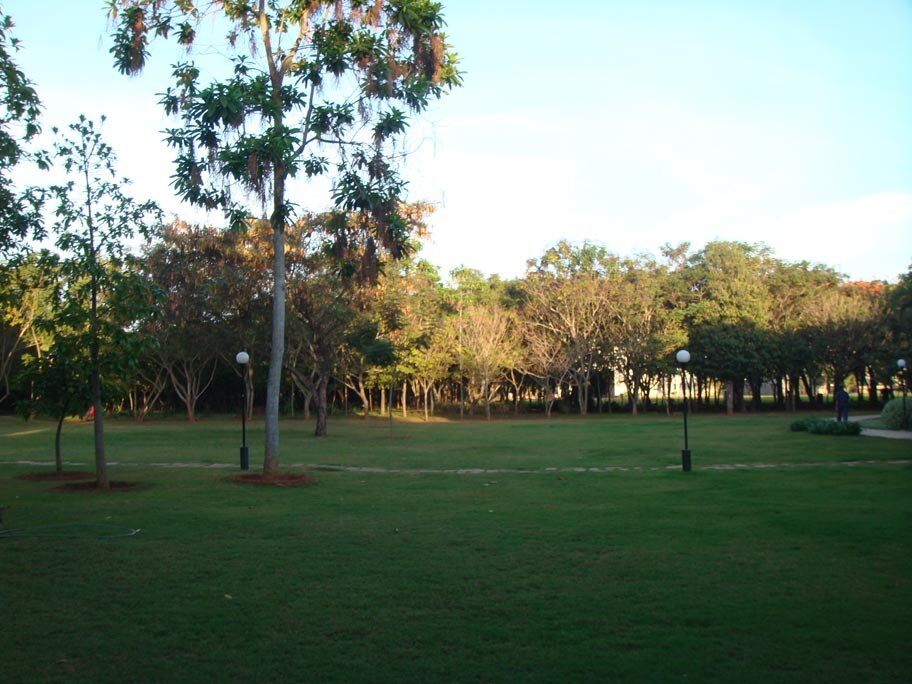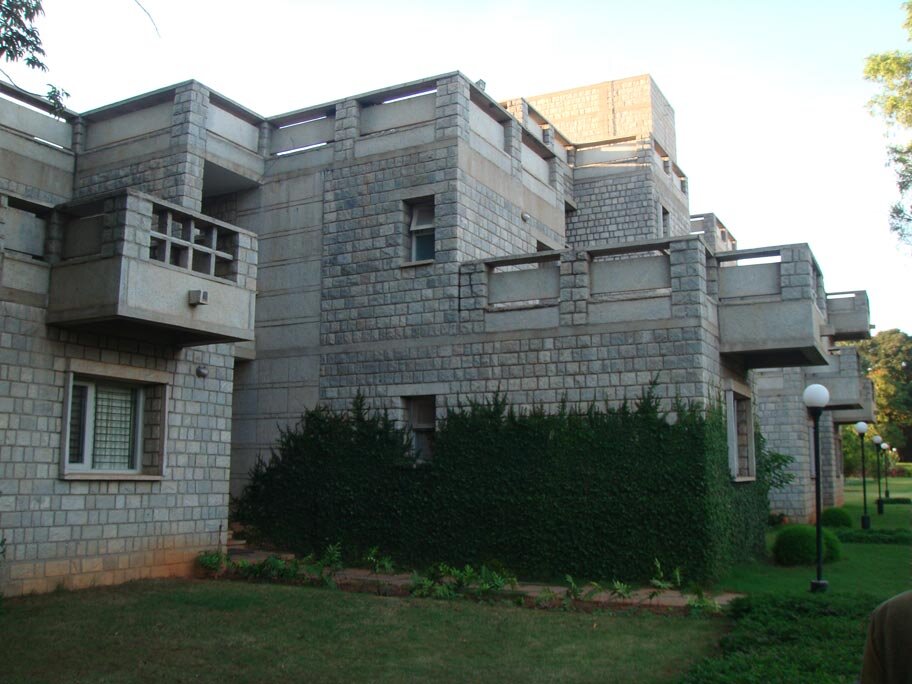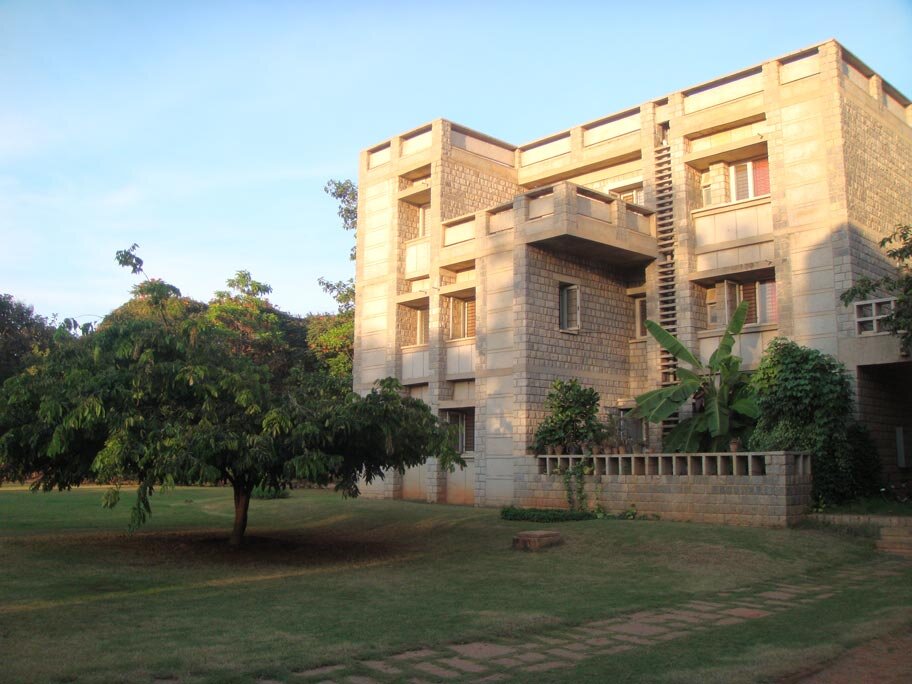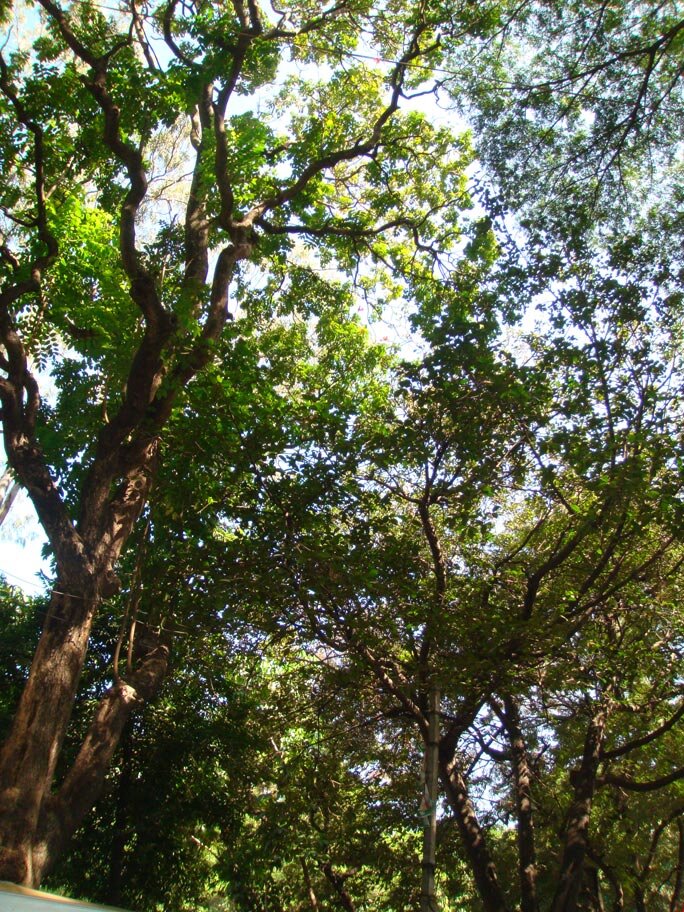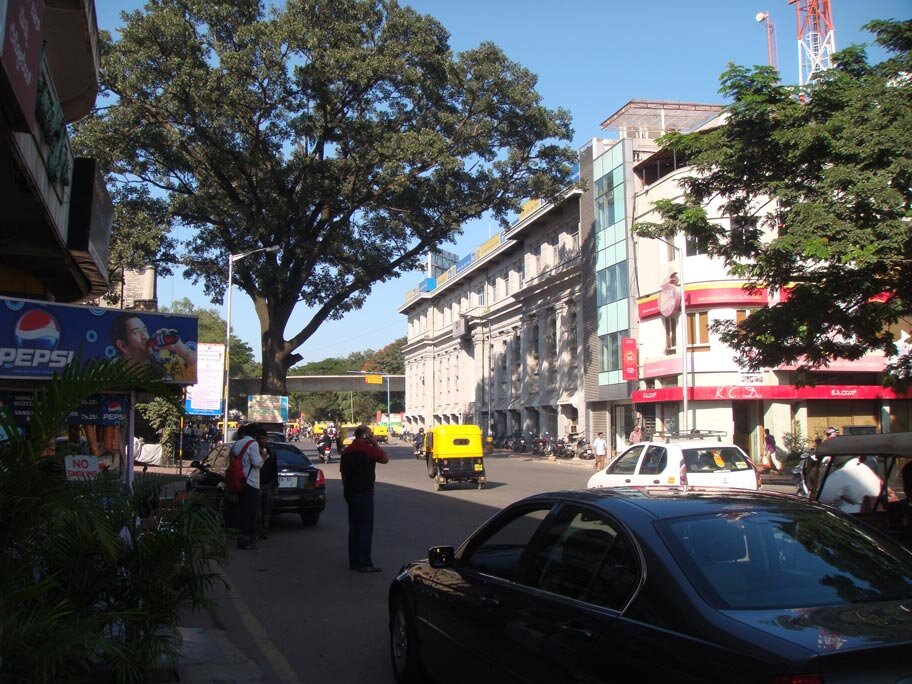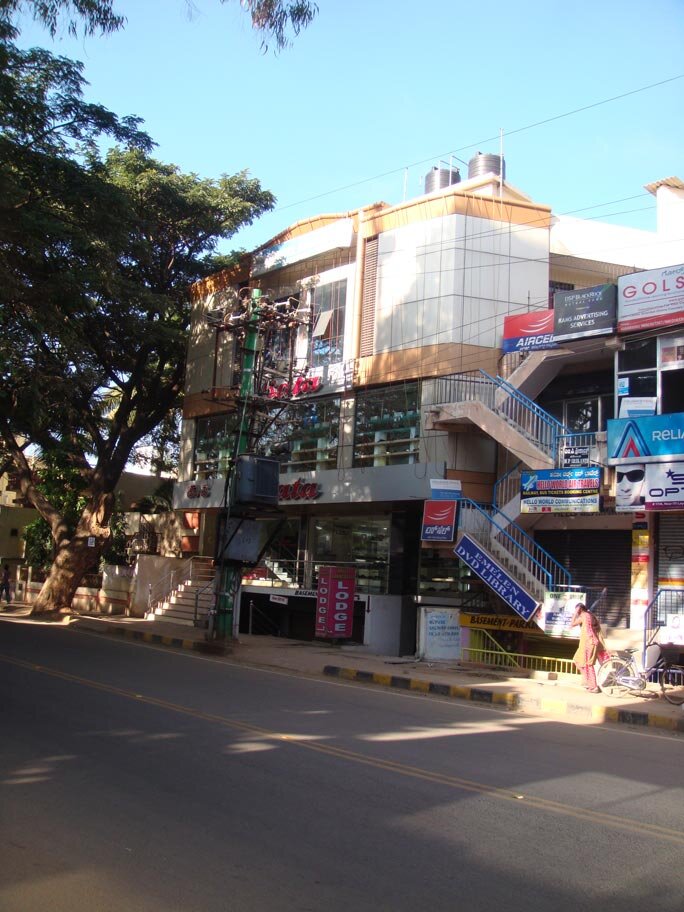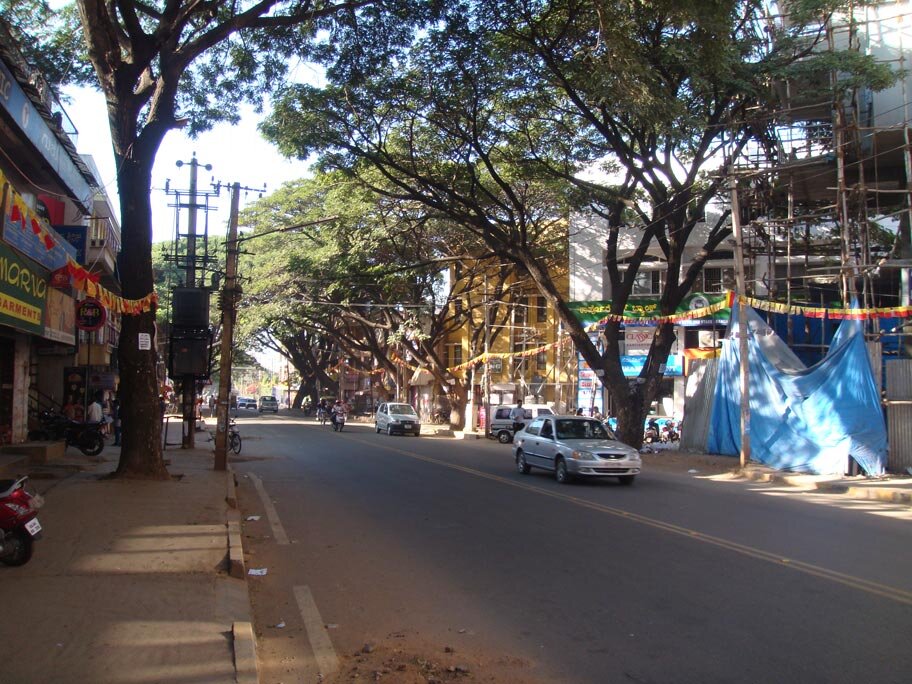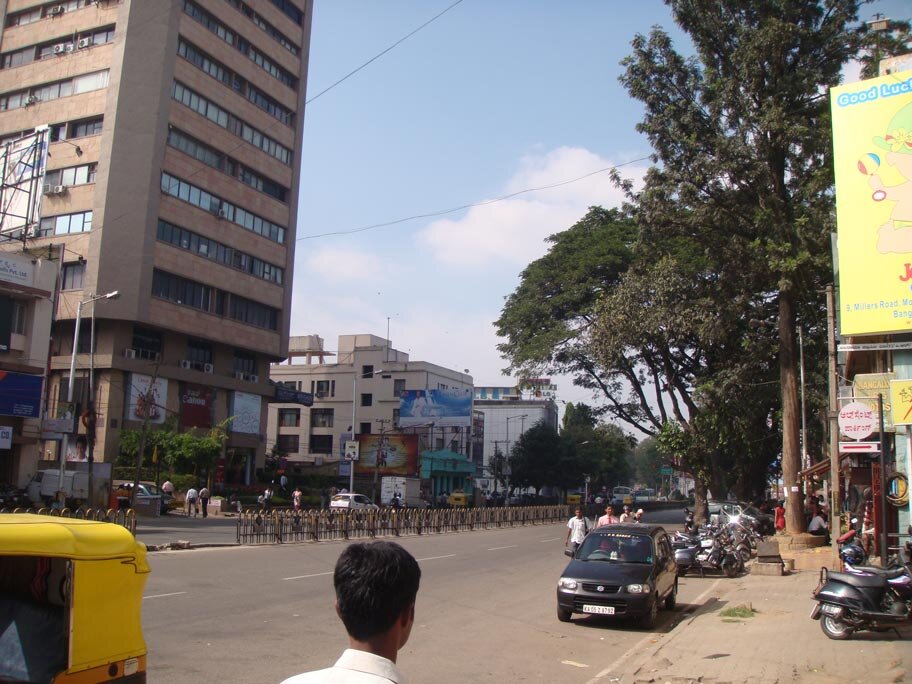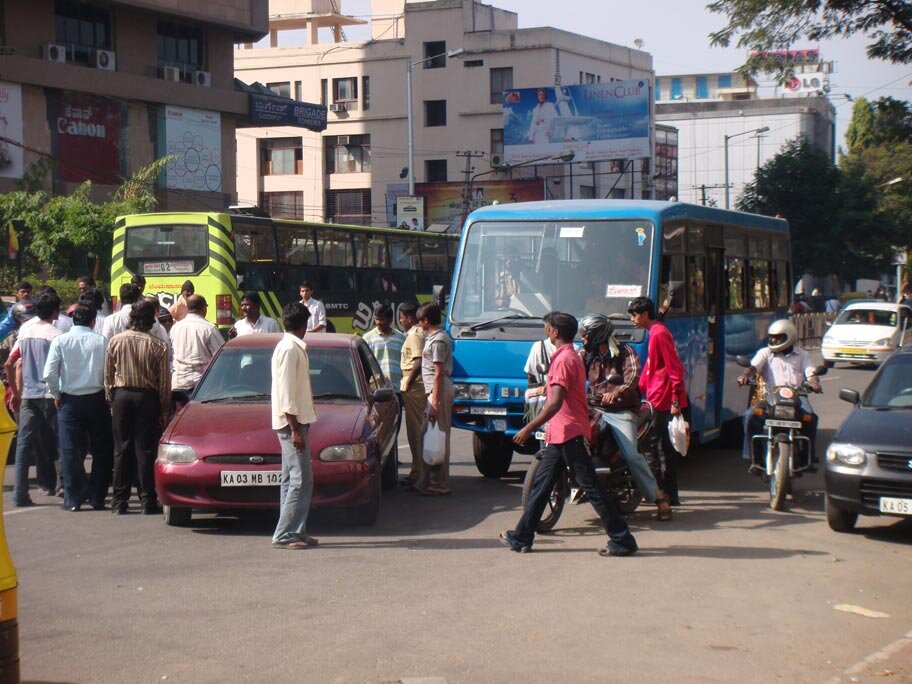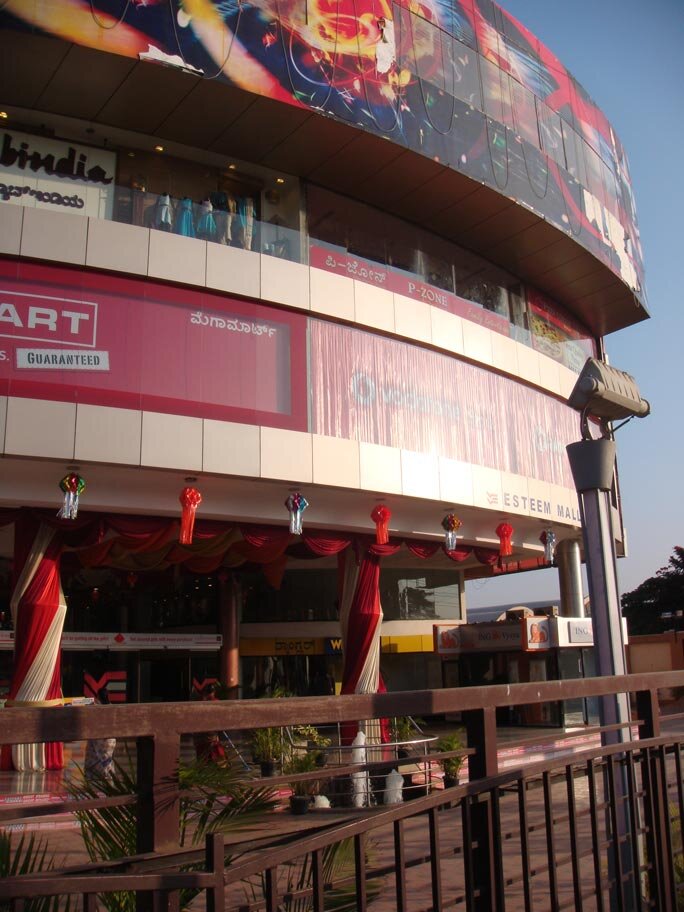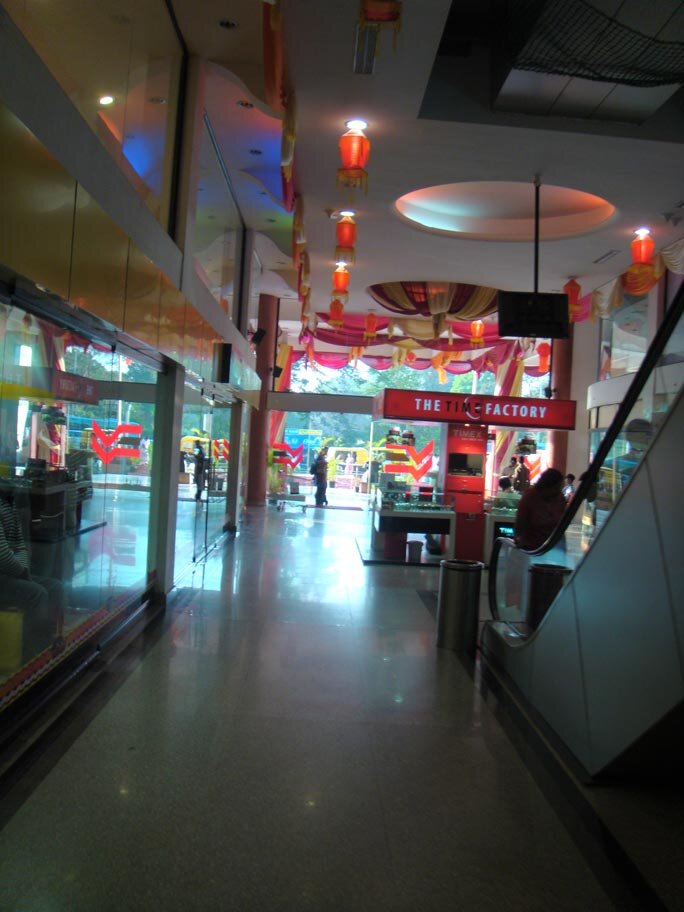Flew in to Bangalore to visit my friend Jayashree; a documentary filmmaker I met in Los Angeles when she came for a screening of a film about HIV and Aids drugs and how companies are trying to create patents to prevent generic prescriptions. It had been over two years since we'd all seen each other, and I have to say it was great to see her, meet her other half and son.Busy days finally took their toll and we rested up comfortably thanks to Jayashree's wonderful hospitality. I visited a beautiful campus, a few places to eat, but mostly just the bed, food and bed. It was nice and warm and lush with greenery in Bangalore.We visited an organization called Milana with Jayashree who is a board member. They are an amazing group of women both infected and affected with HIV and Aids. We sat down with them and spoke through Jyoti and Lilly who have made these women their family. Most of the women spoke in Kannada, and some spoke a bit of English and Hindi. Being in the south of India, there was more English than Hindi around. We spoke to the women who shared some of their difficult stories of not only being infected by their husbands who died, but then living with the stigma and day to day lack of understanding on top of financial hardship and health issues. Many have children of which quite a few are infected. This group is really like a support group. The women cook food, some create crafts and have a space to interact with people who understand them. It is a very small organization, but they work on awareness in the community as well as just working through the day to day difficulties. Many can't work, and if they can get a job, it is difficult to get beyond the stigma as well as the fatigue and other health issues that prevent them from working more. Still, they were all strong, vibrant women, finding the will to smile in circumstances quite beyone my understanding.More than all of that, it was fun to get to know them, and share of ourselves too. I tried to explain that though I could not solve their problems (nor had they asked me to), I would like to share art with them as a means of communication which is also a big part of our conversation. While there is a lot of attention on prevention programs and awareness for Aids and HIV (never enough), there is even less support for those who are living with it. With NGO's focused on big picture issues and juggling large numbers of people, I guess it is very difficult to get in there and reach people on a personal level, by understanding their daily needs and struggles and working with that knowledge. There is a lot these women have to teach us and much they would like others to know. How does one tell a child that was born infected, but is now a teenager, that they can't love and get married, or that they must simply deal with a stigma they have never even lived without. There's a lot of pain there, and several of the women did break down into tears as they told stories of all manner of rejection, apathy and impossible circumstance. Yet these are all warm, loving people if those around took the time to know them.So, I promised to return and do my best to share some ideas on how they can use art to communicate.We visited a book fair afterwards with all kinds of books from around the world. We also visited the graduation show of Shrishti, a design college thanks to Jayashree's friend and fellow documentary filmmaker Shabnam. She picked us up and graciously took us to the two locations. One featured installation pieces in a sort of jury rigged structure, while the other, on campus was full of inspiring and innovative ideas for positive social change through design and research oriented projects that focused on specific needs, like education, sanitation etc.
